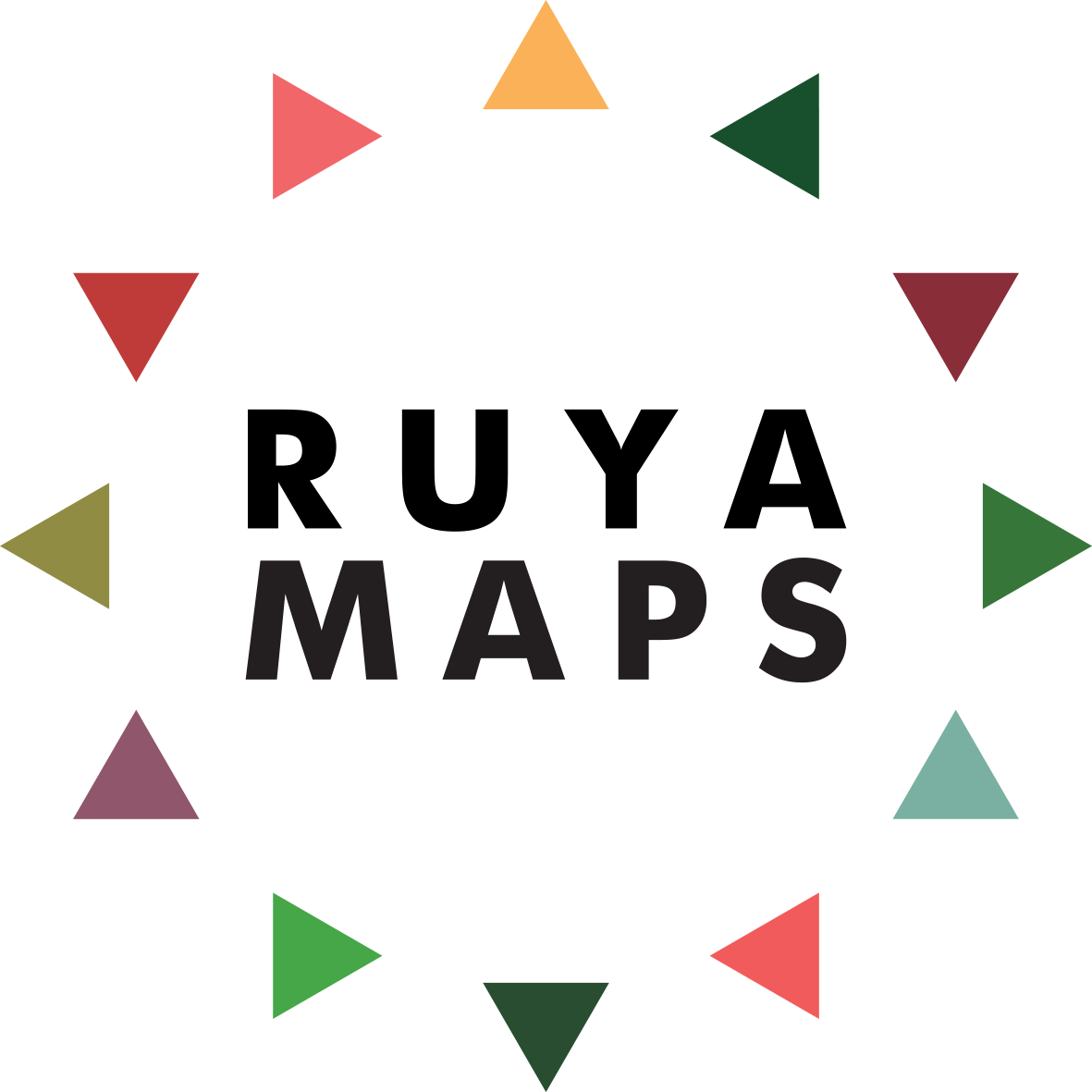Artist Profile: Majd Abdel Hamid
“I looked at the people. I examined their faces - that apathy… I wondered, how many of them know what happened and is happening in the desert prison? … Is it possible that this great people don’t know what is happening even in their own country?” After a decade of imprisonment in the Assad regime’s ‘desert prison’, Tadmur, Mustafa Khalifa is transferred to a different state security jail. As he watches everyday Syrians pass by, he questions whether they know of the prison he has just left behind - a prison where the detained entered, but rarely left.
Khalifa’s work ‘The Shell: Memoirs of a Hidden Observer’ is largely responsible for ensuring that the Syrian people now know what was happening in their country. It informed a political awakening in Syria which is reflected in the artist Majd Abdel Hamid’s series of works entitled Tadmur (2018).
Where Khalifa questions the people’s knowledge of current affairs, Abdel Hamid questions their collective memory. In May 2015 ISIS destroyed the prison, razing it to the ground. The destruction of the one of the most brutal centres of the regime did not provoke the same international outcry that the loss of Palmyra’s ancient ruins did. But for Syrians, the weight of Tadmur prison was a much more pressing heritage. At first, the loss of the site appears to be a rare positive amidst ISIS’ destruction. However, its loss negates the experiences of those that died within its wall and, crucially, those former detainees that managed to leave. There is no memorial with which to process their trauma.
Abdel Hamid wanted to commemorate the tragedy - both for those who never left the prison and for those who survived. In a series of works Abdel Hamid has embroidered the outline of the prison’s architectural blueprint onto disparate pieces of cloth, accompanied by an audio recording of a monologue. The labyrinthine outline is enhanced by the repetition of the same pattern across the works. This work references the patterns that Palestinians have passed down from generation to generation as part of a famous tradition of embroidery historically undertaken by women. Abdel Hamid employs the same technique, but has subverted the medium to be a record of violence, rather than of domesticity.
Just as Khalifa briefly observed the daily lives of Syrians during his imprisonment, Abdel Hamid focuses on objects that are handled every day - a tea sieve, a towel. The result is to invite a familiarity that is undercut by violence. The softness of the exposed embroidery belies the interwoven threads that lie beneath, hidden like the inner workings of the prison.
Tadmur recognises the need to note the violence that took place, and to mark it in such a way that it is not forgotten. The laborious work that Abdel Hamid undertook in hand-embroidering the pieces is also suitably meditative.
A second work by Abdel Hamid is included in Heartbreak. Taking the title of a text by one of the most important modern Palestinian poets, Mahmoud Darwish, Wait for her / Intathiruha (2019) subverts its love poem origins. The short film presents a young man who is sat in an empty building, waiting for the return of electricity. Although the building is non-descript, the scene is strongly suggestive of Lebanon and the vast numbers of displaced people there who are left waiting. Accompanied by a deadpan reportage reading of Darwish’s poem, Wait for her flattens the poem’s richness and replaces it with a wry humour.
Majd Abdel Hamid (b. 1988, Damascus) splits his time between Ramallah and Beirut. He graduated with a BA in Fine Arts from Malmö Art Academy, Sweden in 2010, and attended the International Academy of Art, Palestine between 2007 and 2009. He uses a variety of media in his work, including embroidery, video, installation and sculpture, in which he negotiates themes of national identity and trauma. His work has been included in numerous group exhibitions at Krognoshuset Lund, Sweden (2016), Valencia Institute of Modern Art, Spain (2018) and Khalil Sakakini Cultural Center, Palestine (2018). Abdel Hamid has participated in Mediterranea 16, Italy (2013) and the Kathmandu Trienniale, Nepal (2017) as well as Qalandiya International, Palestine (2018). He was a finalist in the A M Qattan Foundation Young Artist of the Year Award in 2008, 2010 and 2012.
Majd Abdel Hamid, (2019)⠀
“Abdel Hamid focuses on objects that are handled every day - a tea sieve, a towel. The result is to invite a familiarity that is undercut by violence.”
Majd Abdel Hamid, still from ‘Wait for Her.’.
Majd Abdel Hamid (2019), Tadmur Prison blue print with text from ‘The Shell’ by Mustafa Khalifa.




